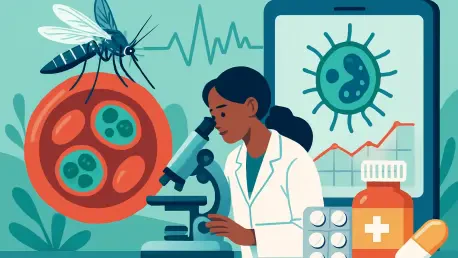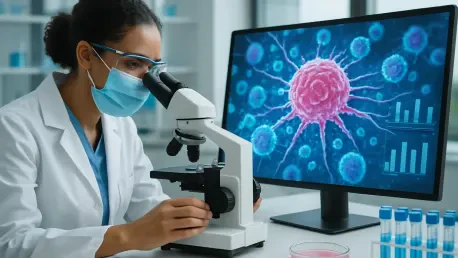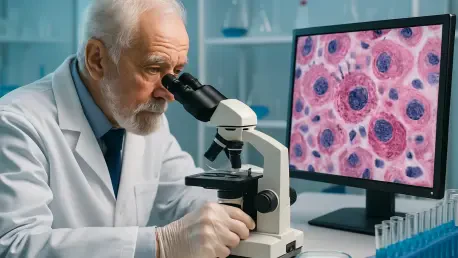
Imagine a patient facing major surgery, anxious about the risks and uncertain about recovery, only to discover that a tailored preparation plan could dramatically lower complications and improve outcomes. This isn’t a far-off dream but a reality backed by groundbreaking research from a leading

Today, we’re thrilled to sit down with Ivan Kairatov, a biopharma expert with extensive experience in research and development, and a deep understanding of technological innovation in the industry. Ivan has been closely following the groundbreaking advancements in malaria treatment, including the

Imagine a world where cancer treatment is not just about managing a disease, but consistently achieving lasting remission through groundbreaking therapies that target cancer at its core. The oncology community stands on the brink of such transformative change, fueled by rapid advancements and an

Imagine a healthcare landscape where veterans, who have sacrificed so much, face significant barriers to cutting-edge cancer treatments due to geographic and systemic disparities, particularly in the Southwest United States where many are diagnosed with cancer at late stages. Often, they miss out

In a groundbreaking stride toward transforming prostate cancer care, researchers have uncovered a potential game-changer that could redefine how this prevalent disease is tackled, offering new hope to millions of men worldwide. Prostate cancer remains the second most common cancer among men

In a world where childhood brain cancer remains one of the most heartbreaking diagnoses a family can face, a groundbreaking initiative is lighting the way toward hope and healing with remarkable determination. The CONNECT TarGeT clinical trial, a transatlantic research effort, is targeting some of